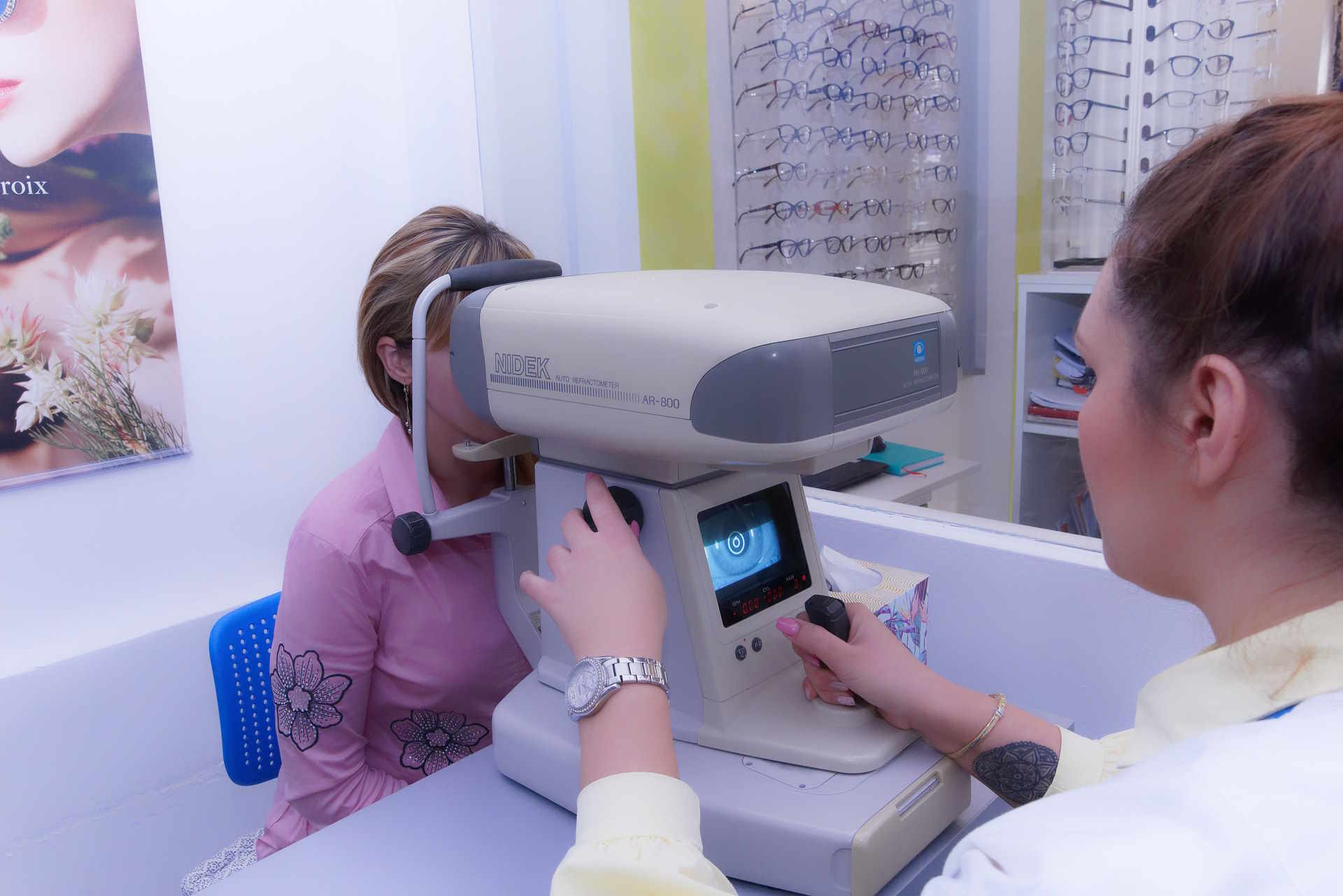Advancing Your Nursing Career: Bridge Options for LPNs
Licensed Practical Nurses have opportunities to pursue RN qualifications through structured programs designed to support ongoing employment. Learn how flexible academic paths can align with real-world experience and long-term professional development.

What Is an RN Bridge Program and Who Is It For?
RN bridge programs, also known as LPN-to-RN programs, are specifically designed for Licensed Practical Nurses who want to become Registered Nurses. These programs recognize the experience and education LPNs already possess, allowing them to complete their RN qualification more efficiently than traditional nursing programs. They’re ideal for practicing LPNs who want to expand their scope of practice, increase their earning potential, and take on greater responsibilities in patient care.
Why More LPNs Are Making the Move to Become RNs
The transition from LPN to RN offers numerous professional advantages. RNs typically enjoy higher salaries, greater autonomy in patient care, and expanded career opportunities in specialized areas of nursing. Many LPNs choose this path to access leadership positions, work in specialized departments, or pursue advanced practice roles. The Bureau of Labor Statistics projects continued strong demand for RNs, making this transition particularly attractive for career stability.
How RN Bridge Programs Fit Around Work and Family Life
Modern bridge programs offer various scheduling options to accommodate working nurses. Many programs feature evening or weekend classes, hybrid learning models combining online and in-person instruction, and part-time study options. Clinical requirements can often be completed at current workplaces, making it easier to balance professional obligations with educational advancement. Some programs also offer accelerated tracks for those able to study full-time.
Program Types and Duration Options
Bridge programs typically come in two formats: LPN-to-ADN (Associate Degree in Nursing) and LPN-to-BSN (Bachelor of Science in Nursing). ADN programs usually take 12-18 months to complete, while BSN programs require 2-3 years of study. Some institutions offer “step-up” programs where students can earn their ADN first and later complete additional coursework for a BSN.
Common Program Features and Clinical Requirements
Bridge programs combine classroom instruction with hands-on clinical experience. Key components include advanced medical-surgical nursing, pharmacology, mental health nursing, and leadership courses. Clinical rotations typically require 500-700 hours of supervised practice, though exact requirements vary by state and institution. Many programs incorporate simulation labs and virtual learning tools to enhance practical skills development.
Admission Requirements and Getting Started
Prospective students must meet several prerequisites to enter an RN bridge program:
-
Current LPN license in good standing
-
Minimum professional experience (typically 1-2 years)
-
Completion of prerequisite courses with minimum GPA requirements
-
Current CPR certification
-
Physical examination and immunization records
-
Background check and drug screening
Typical Program Comparison:
| Program Type | Duration | Format | Typical Prerequisites |
|---|---|---|---|
| LPN-to-ADN | 12-18 months | Full-time or Part-time | Biology, Chemistry, Anatomy |
| LPN-to-BSN | 24-36 months | Traditional or Hybrid | Additional Gen Ed courses |
| Accelerated BSN | 18-24 months | Intensive Full-time | Previous college credits |
Prices, rates, or cost estimates mentioned in this article are based on the latest available information but may change over time. Independent research is advised before making financial decisions.
This article is for informational purposes only and should not be considered medical advice. Please consult a qualified healthcare professional for personalized guidance and treatment.




